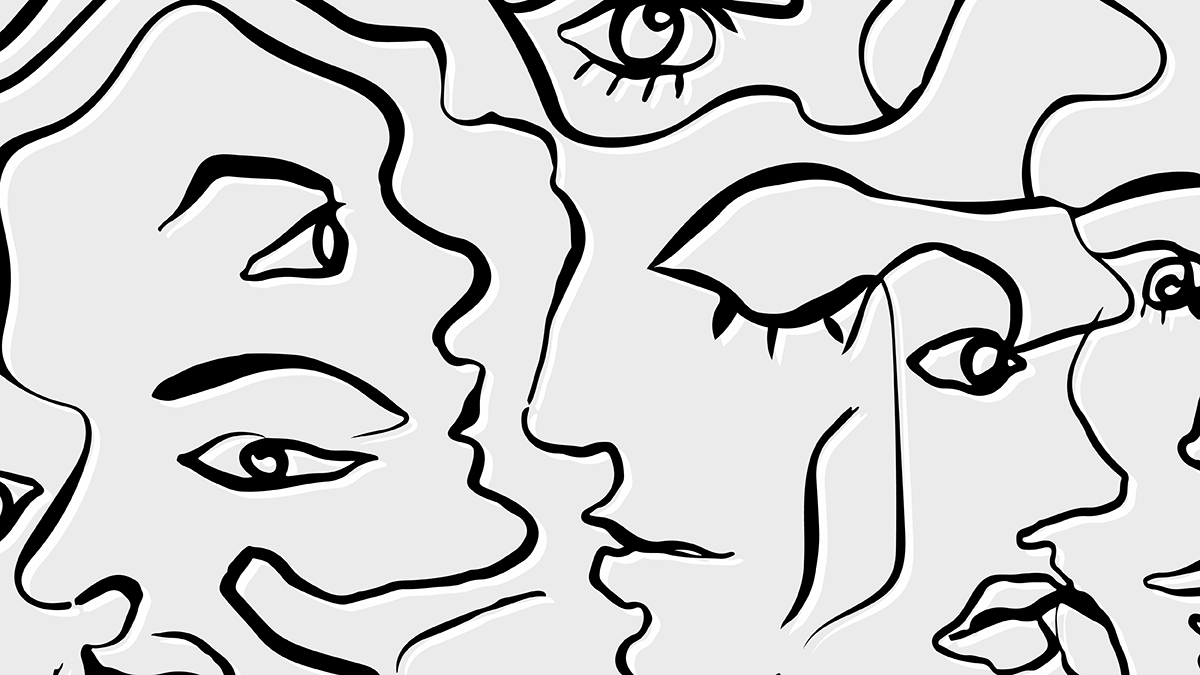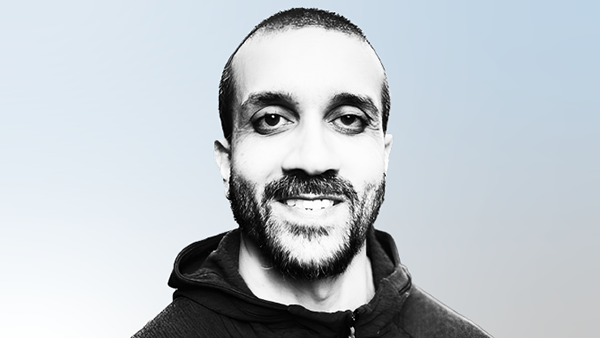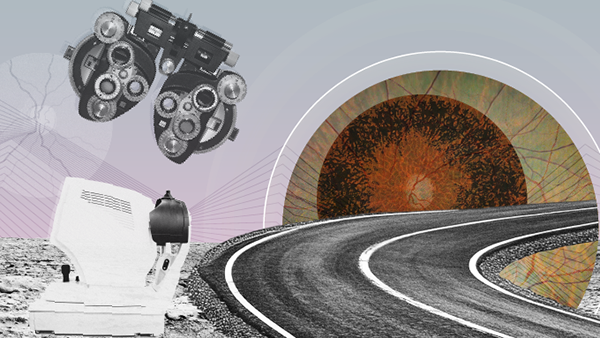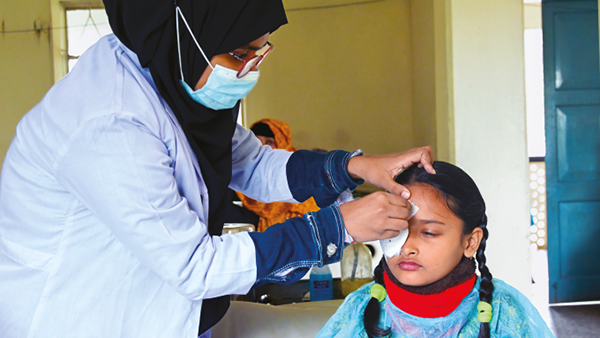You are viewing 1 of your 3 articles before login/registration is required
Faces Like Water
An increase in reported cases of prosopagnosia – or “face blindness” – suggests a link to long COVID
Do you ever have trouble putting patient’s names to faces? Or perhaps even recognizing your own friends or family members in unfamiliar contexts? If so, rather than making a self-referral to your own practice, you might be one of the approximately 3 percent of the population suffering from prosopagnosia.
Prosopagnosia (from the Greek “prosop” for “face” and “agnosia” for “ignorance”) – or “face blindness” as it’s more commonly known – is a relatively rare neurological disorder characterized by the inability to recognize faces that should be familiar – as well as being unable to correctly interpret facial gestures and cues.
There are two main causes of the disorder: i) trauma to the occipital or temporal regions of the brain (acquired prosopagnosia) and ii) the result of genetic or developmental abnormalities (developmental prosopagnosia), which includes neurodegenerative diseases, such as Alzheimer’s, as well as purported links to neurodevelopmental conditions, such as autism.
Adding to these established etiologies – and perhaps going some way to explaining why the condition is now heading further into public discourse – is a recent study from Dartmouth College, which suggests that the after-effects of COVID (long COVID) might also be a cause of the disorder. The main participant in the case study was Annie (not her real name), who stated rather poetically that, as a result of having had COVID, “Faces are like water in my head.”
Lead author Marie-Luise Kieseler believes that the findings of the case study, albeit small in terms of sample size, could indicate that visual processing, and having the ability to recognize faces, might be impacted by COVID-19. The virus is already known to cause neurological impairments, such as loss of smell and taste, “brain fog,” and verbal memory deficits. Though she says more research is needed, Kieseler tells The New Optometrist, “What I think will be interesting is to disentangle visual processing difficulties caused by cognitive overload during brain fog from visual processing difficulties that are highly specific, like prosopagnosia.”
The best way to establish the possible links between long COVID and prosopagnosia, Kieseler goes on, “would be to run an extensive battery of behavioral tests with a large number of people with long COVID to get quantitative measures on their abilities to perform tasks of higher-level visual processing.” Participants would then be scanned by MRI to investigate “the neural basis of the differences we might find with the behavioral testing battery.”
Whereas poor facial recall can indeed lead to embarrassing social situations, and may even be humorous in some contexts, the disorder shouldn’t be trivialized, as it can have a significant psychosocial impact on those suffering from it, particularly developmental prosopagnosia and its immediate effects on children and their families. Studies around the subject have found that prosopagnosia can lead to anxiety, depression, and social withdrawal (1), even when the vision of the person suffering from prosopagnosia is classed as normal and there are no external signs of the disease. As it can cause such significant disruptions to people’s lives, Kiesler says that “more widespread knowledge about the existence of prosopagnosia” would be beneficial. The condition is “not reported on enough, given how many people have it.”
With the potential for prosopagnosia to be classed, quite viably, as a “hidden disability,” others are now calling for better education around the condition, which may lead to prosopagnosia finally getting the attention it deserves. In the UK, the not-for-profit organization Face Blind works across the country to raise awareness, recognition, and understanding of prosopagnosia, and provide services to people who have face blindness. (2). And, in the US, film star Brad Pitt recently admitted that it’s likely he has the disorder too – and he’d like to meet others who feel the same way.
References
L Yardley et al., “Psychosocial consequences of developmental prosopagnosia: a problem of recognition,” J Psychosom Res, 65, 445 (2008). PMID: 18940375.
Face Blind UK (2019). Available at: bit.ly/3MGcXxy.
The New Optometrist Newsletter
Permission Statement
By opting-in, you agree to receive email communications from The New Optometrist. You will stay up-to-date with optometry content, news, events and sponsors information.
You can view our privacy policy here
Most Popular
Sign up to The New Optometrist Updates
Permission Statement
By opting-in, you agree to receive email communications from The New Optometrist. You will stay up-to-date with optometry content, news, events and sponsors information.
You can view our privacy policy here
Sign up to The New Optometrist Updates
Permission Statement
By opting-in, you agree to receive email communications from The New Optometrist. You will stay up-to-date with optometry content, news, events and sponsors information.
You can view our privacy policy here







